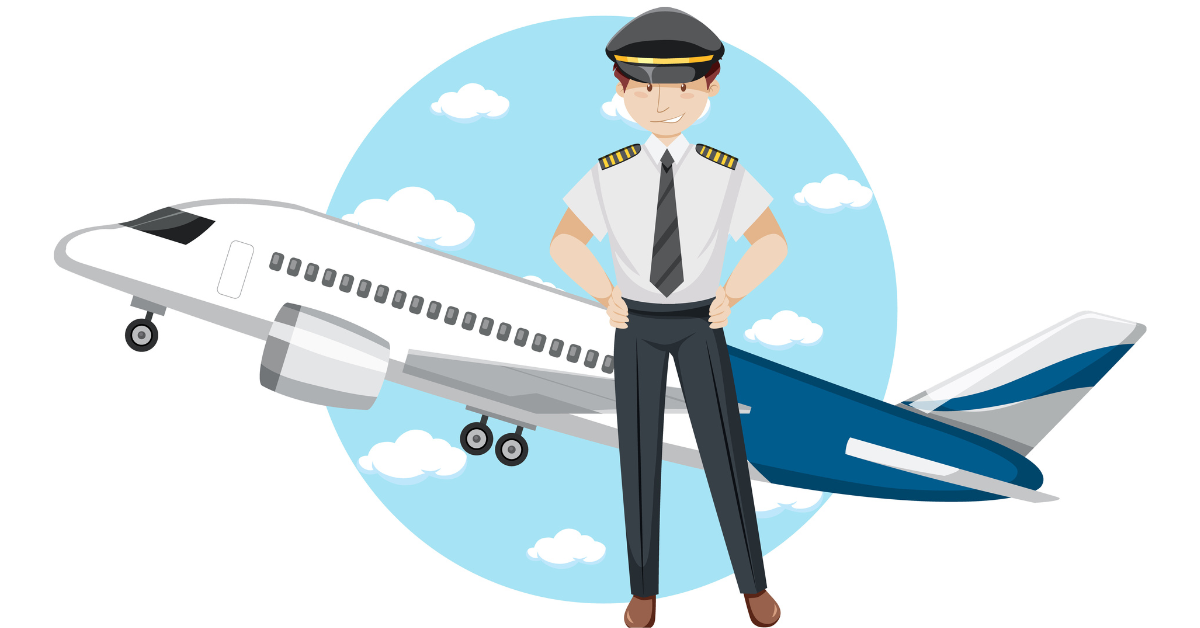Working in healthcare for more than 25 years now, I’ve seen and experienced firsthand how stress can impact both physical and mental health. From the intense concentration that ATCs require for managing air traffic or the long hours of flight, the aviation industry demands a lot. As a trusted HIMS Aviation Medical Examiner in Florida, I’ve guided countless ATCs and pilots through maintaining their mental and physical health while helping them keep their medical certifications. Today, I want to share my experience to help you understand how to care for yourself and manage stress and fatigue while maintaining your medical certification.
Recognizing Stress and Fatigue
Before we dive into managing stress and fatigue, let’s talk about what they look like. Pilots and ATCs are often “go-getters”—high achievers with a can-do attitude. While that’s commendable, it can sometimes make it harder to notice when stress and fatigue are creeping in.
For ATCs, the pressure comes from managing multiple aircraft, ensuring safe distances, and making quick decisions. Pilots often deal with long working hours, unpredictable schedules, and a workload varying from moments of inactivity to sudden, intense demands. These demands can lead to feelings of being overwhelmed, irritable, and sometimes exhausted.
Over time, I’ve seen what works and what doesn’t when it comes to managing stress and fatigue. Here’s what I regularly advise my ATCs and pilots:
- Prioritize Sleep Like Your Career Depends On It (Because It Does!)
One of the most common issues I hear from ATCs and pilots is fatigue from lack of sleep. Getting adequate sleep can be challenging if you’re flying and/or working irregular shifts, but adequate sleep is necessary for your safety and certification. Sleep deprivation can lead to loss of sense, an inactive state of mind, dizziness, and eventually burnout.
Try to maintain a regular sleep schedule. Create a sleep-friendly environment by reducing noise and light in your bedroom, and avoid screen time for at least an hour before bed. Following sleep hygiene can also help you get quality sleep. You’d be amazed at how much of a difference these small changes can make in improving your sleep quality.
- Eat Healthy, Stay Fit
I can’t stress this enough: what you eat affects your stress levels and energy. When I see pilots and ATCs living off fast food and caffeine, I know it’s only a matter of time before they start feeling the effects.
To keep your energy up and stress levels down, I recommend a balanced diet rich in proteins, whole grains, and plenty of fruits and vegetables. Foods like leafy greens, berries, and fatty fish (like salmon) are great for your brain and help you manage stress better. While caffeine might seem like your best friend during long shifts, moderation must be observed. Too much caffeine can interfere with your sleep and worsen anxiety.
- Exercise as a Stress Reliever
Exercise is one of the best ways to release stress and fatigue. I’ve worked with several ATCs and pilots who started exercising regularly and saw significant improvements in their mood and overall performance. A short walk, a swim, or even some yoga or stretching can do wonders for your mental and physical health. Remember, it’s about getting moving regularly and finding what works for you.
- Take a Break Whenever Necessary
In such a high-pressure job, this might seem counterintuitive, but taking regular breaks is essential. If you’re working long hours in the tower or on a flight, you must allow yourself moments to relax. Even short, mindful breaks can help reset your mind and give you a much-needed breather.
I always advise that taking a short break doesn’t mean you’re slacking off. It means you’re giving your brain the time it needs to reset so you can perform better when you get back to work.
Managing Mental Health and Maintaining Certification
Stress and fatigue, if left unchecked, can lead to mental health struggles like anxiety and depression. Over the years, I’ve seen a growing awareness of mental health in the aviation industry, and I’m glad we’re moving past the stigma of asking for help.
If you’re feeling overwhelmed, anxious, or down, talk to someone. This could be a colleague, a mental health professional, or even your Aviation Medical Examiner (that’s me!). As a certified HIMS AME, I’m not just here to check your blood pressure or vision—I’m here to help guide you through the mental health challenges that come with the job.
One question I often get is whether seeking mental health help will jeopardize your medical certification. The answer is- not at all. If you manage your mental health well, you will find that the FAA actually supports the physical and mental well-being of aviation professionals. The FAA recognizes the importance of mental health, and many conditions are manageable with proper treatment. If you seek help early, your certification may not be affected at all. What’s more dangerous is trying to power through on your own and letting stress and fatigue worsen.
The aviation world can be demanding, but you’re not alone in this. As a medical examiner, I’ve had the pleasure of guiding many ATCs and pilots to maintain their health and stay certified, and I know you can, too. By prioritizing sleep, eating well, staying active, taking breaks, and addressing your mental health, you can manage stress and fatigue with ease.
If you’re ever feeling unsure or overwhelmed, don’t hesitate to reach out. My door is always open, and I’m here to help you navigate the challenges of keeping your health and the pilot or ATC Medical Certification in Florida certification in top shape. Get in touch with me today at aweinberg@medavex.org or call (727) 648-2402.

